Millage Proposal: Continuing Excellence
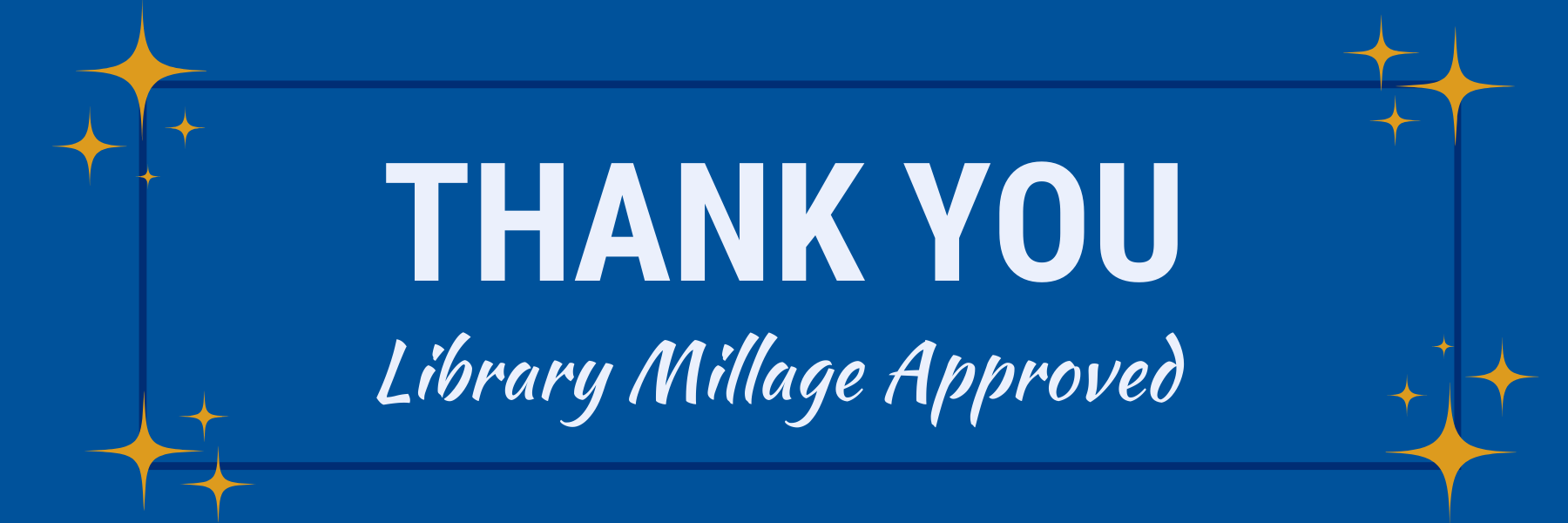
On November 5, 2024, West Bloomfield voters approved the library’s proposed millage. The new millage has been authorized at a rate of 0.70 beginning in 2024 through 2033. Thank you to the West Bloomfield community for supporting your library’s continued excellence for another 10 years. Keep reading the library’s website, newsletter, and social media pages to see as funds are put to work for capital improvements, technology upgrades, and more.
Ensuring Library Services for the Next Decade
A millage representing nearly half of the library’s revenue is set to end in 2026. The Library Board of Trustees is proposing a repeal and replacement of that millage in November 2024 in anticipation of its expiration.
If library administrators waited until 2025 to make a millage proposal, the library would incur special election costs of approximately $100,000, per the Township Clerk’s Office. Library administrators would rather put those taxpayer dollars towards providing you with great services, programs, and collections, which is why they put the proposal on the November 2024 ballot.
The Main Library and Westacres Branch are both nearing 25 years old and will require significant infrastructure replacements over the next 10 years. Though operating expenses are stable, capital needs are driving increased expenses in 10-year financial projections. They include:
- replacement of original sidewalks, lighting, HVAC components, and Westacres Branch roof
- technology upgrades and additions
- improvements to programming spaces, including the Community Meeting Room and outdoor spaces
The previous library millage was authorized at a rate of 0.6586 in 2010. The new proposal would replace this millage at a rate of 0.70 beginning in 2024 through 2033.
Library Use Remains Significantly High
The following data represents West Bloomfield Library use over the last year. The Information Age hasn’t decreased the need for libraries; it has made them more important. Public libraries help everyone access digital resources, identify reliable information (including navigating paywalls), and build a sense of community.

22 Circulations per Capita¹
The West Bloomfield Library circulates 4X as many materials as the average American library. The average taxable West Bloomfield household saved $362 over the last year by borrowing library materials rather than purchasing them.²
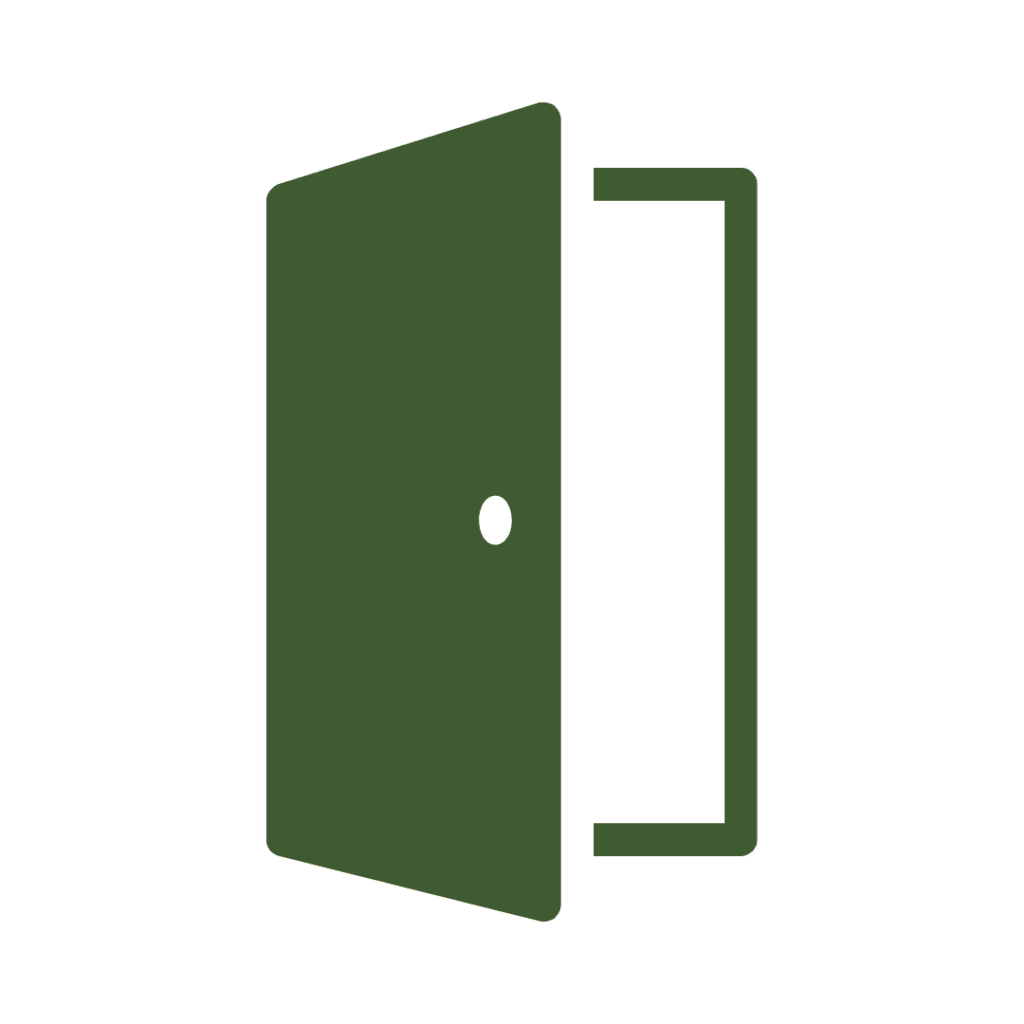
207 Visitors
per Hour Open
The West Bloomfield Library sees 3X as many visits as Michigan libraries of a similar size. In a 2023 survey, 95% of residents agreed that they felt welcome in the library, and 94% feel comfortable in the library.
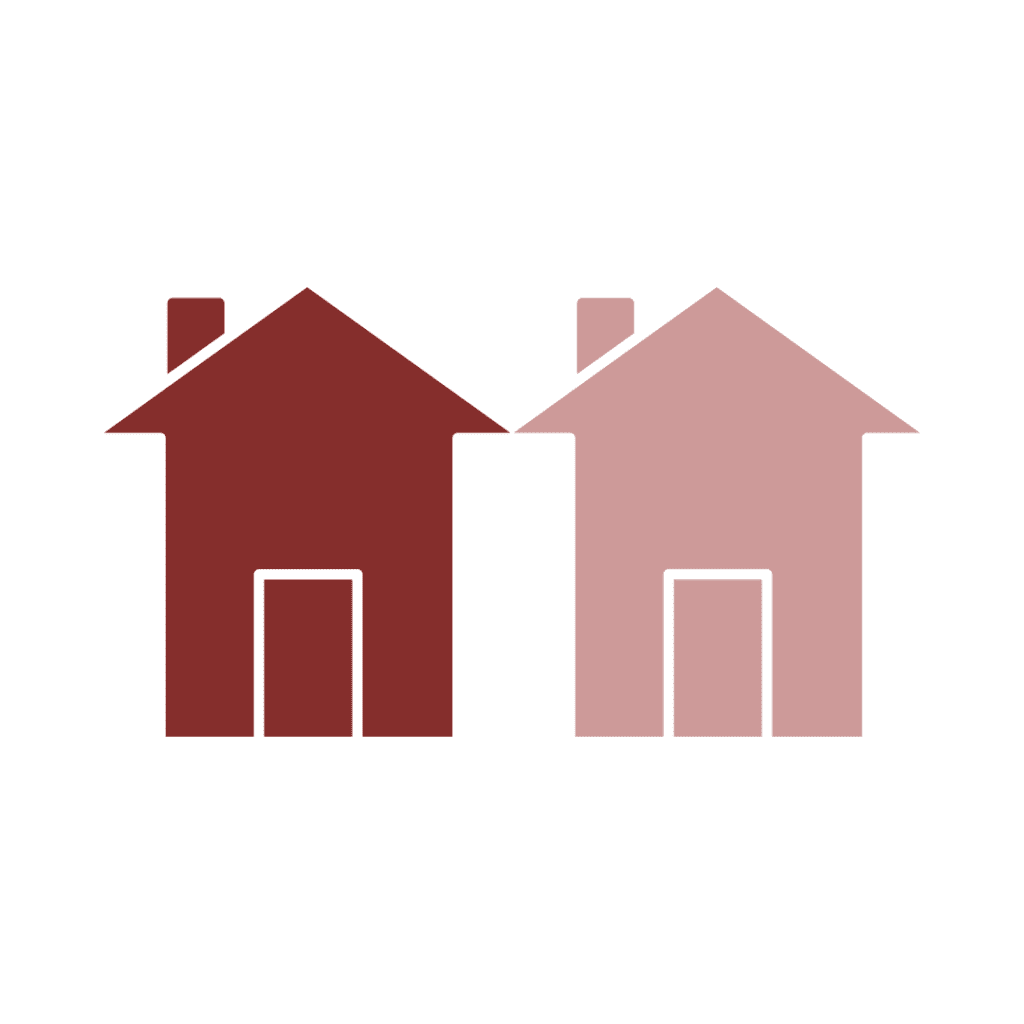
1 in 2 Households Regularly Use their Library Card
The West Bloomfield Library has 2X as many active households as other libraries with a similar budget according to vendor data.
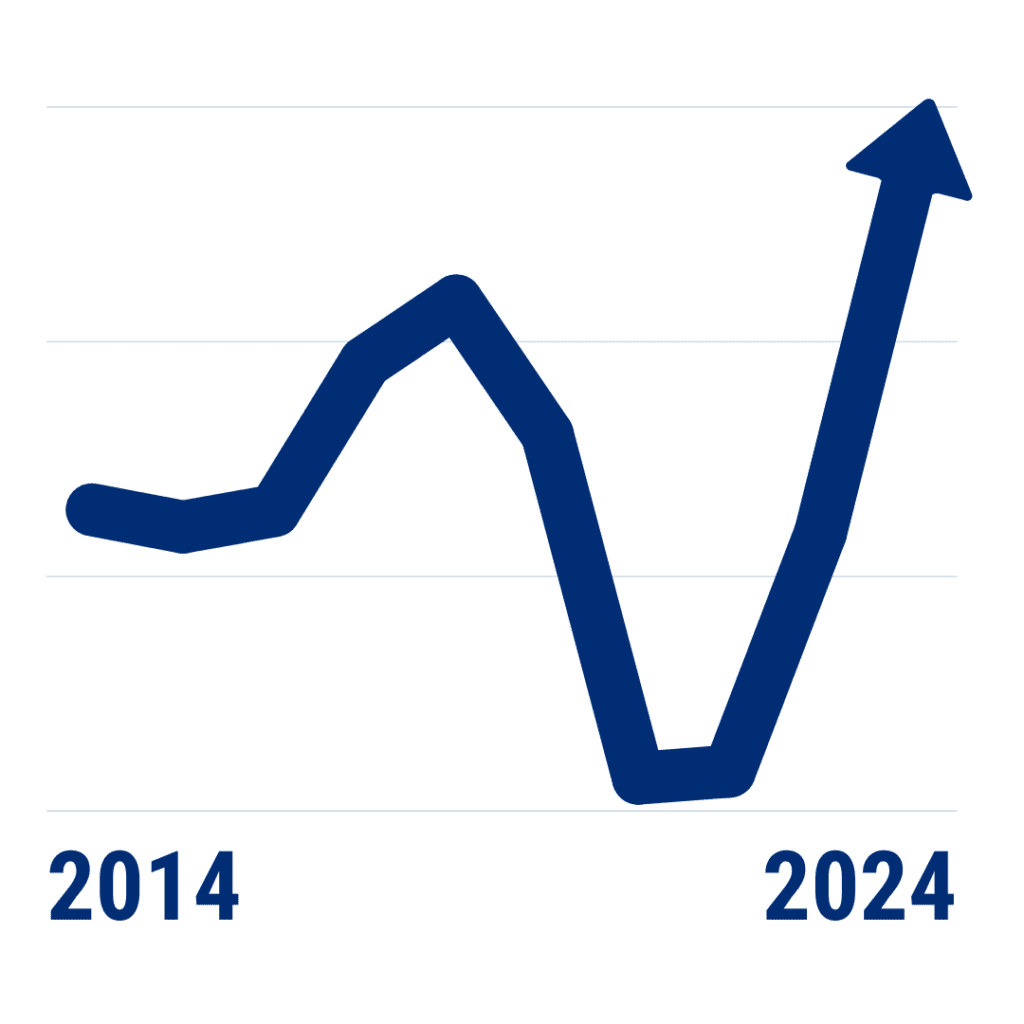
71% Growth
in Event Offerings
At the community’s request, library staff have expanded event offerings and community outreach beyond pre-pandemic numbers in the last fiscal year, with 71% more events offered than in the 2022-23 Fiscal Year.

5-Star Ratings
West Bloomfield was named a 5-Star Library in the most recent Library Journal ratings. In a 2023 survey, residents rated the quality of all library services, spaces, staff, and collections over 4 of 5 stars.
¹ This is the number of materials checked out / renewed divided by the total population of the library’s service area
² Calculated by dividing FY 2023-24 collection checkout rates by taxable West Bloomfield households, then estimating the average cost of materials according to the library’s FY 2023-24 collection replacement valuations and industry averages
Millage Cost Estimates
The average taxable value of a home in West Bloomfield is currently $182,699 (market value $365,398). The new millage is estimated to cost an additional $16.42 in the first year for the average household.
The library’s millages are separate from funding for the West Bloomfield Township, Parks, School District, and other local entities and can only be used for library purposes. For a full breakdown of millage rates impacting residents’ tax bills, see the Township Treasurer’s page.
| Cost of Library Millage 2 for West Bloomfield Households | |||
|---|---|---|---|
| Taxable Value of Home (typically half the market value) | Current Annual Cost | Proposed Annual Cost | Proposed Cost Difference |
| $100,000 | $61.08 | $70 | $8.92 / year |
| $150,000 | $91.62 | $105 | $13.38 / year |
| $200,000 | $122.16 | $140 | $17.84 / year |
| $250,000 | $152.70 | $175 | $22.30 / year |
| $300,000 | $183.24 | $210 | $26.76 / year |
What to Expect…
If a Majority Votes “Yes”
- Replacement of aging building components
- Updates to IT infrastructure, including 24/7 holds pickup lockers
- Improvements to programming areas, including the Community Meeting Room and outdoor spaces
- Expanded digital collections (eBooks, eAudiobooks, etc.)
- No need to run a special election, saving $100,000
- Continuation of excellence in services, programs, and collections
If a Majority Votes “No”
- Cuts to programs, collections, and services, including digital collections, as publishers continue to increase costs for libraries
- Possible reduction of hours of operation to offset the cost of necessary infrastructure replacements
- The library would incur the cost of a special election in 2025
92% of the West Bloomfield Library’s revenue is from local property taxes.
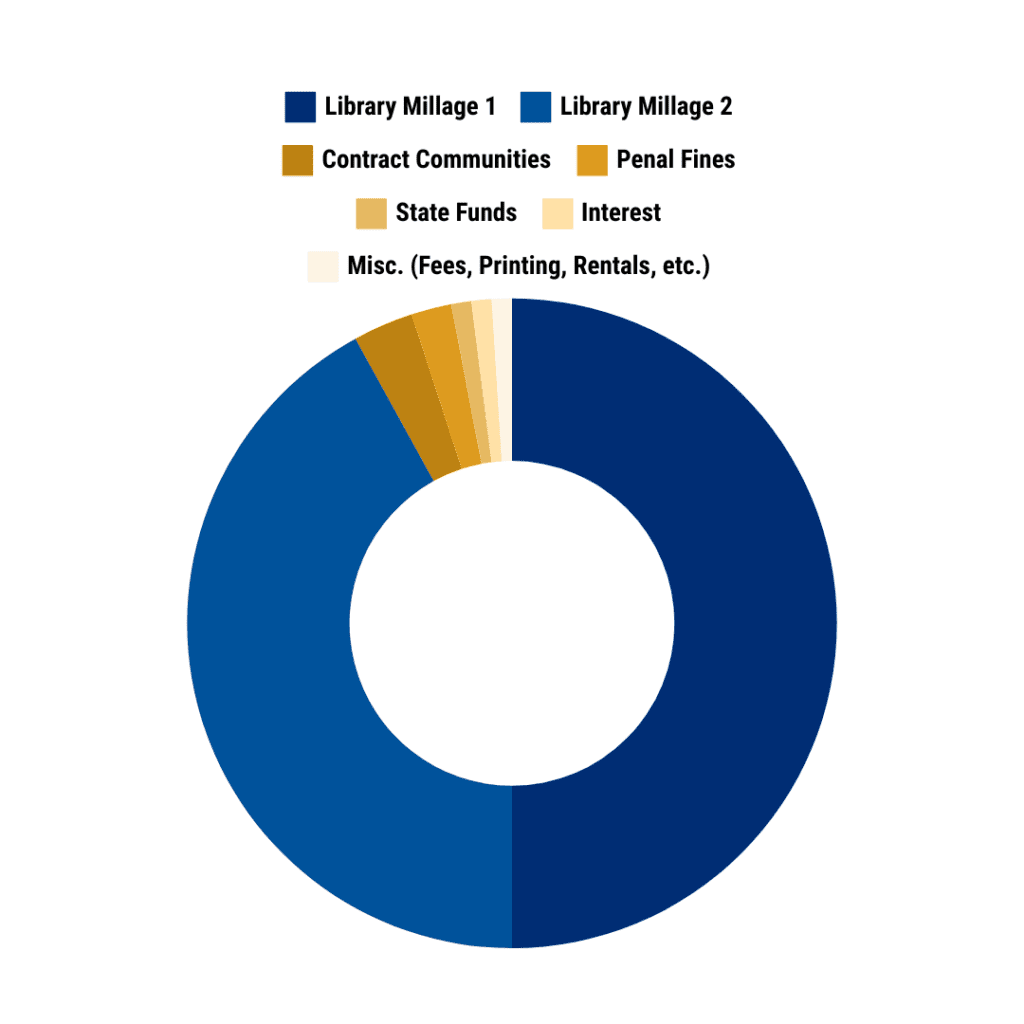
Based on 2024-25 Fiscal Year
Donors Have Funded Recent Innovations

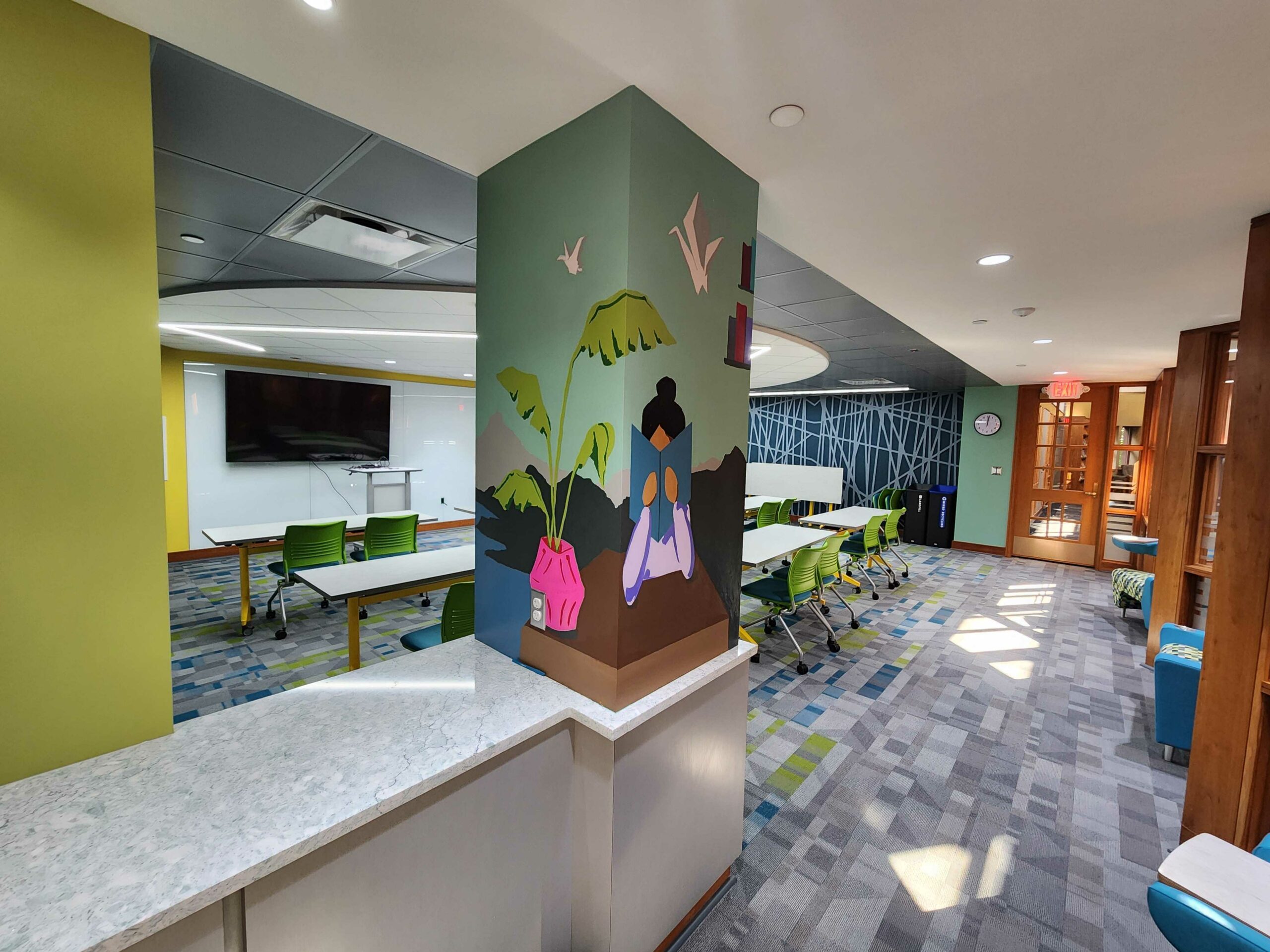
Community Commons
The Main Library’s former computer lab was transformed into the Community Commons over the last year. Renovations were funded by a generous gift by Jane Maximovich and friends in memory of Dr. Alex Maximovich, as well as the Ruth S. Elbling Trust. Thanks to these donors, the library was able to update some outdated technological infrastructure without spending taxpayer money.

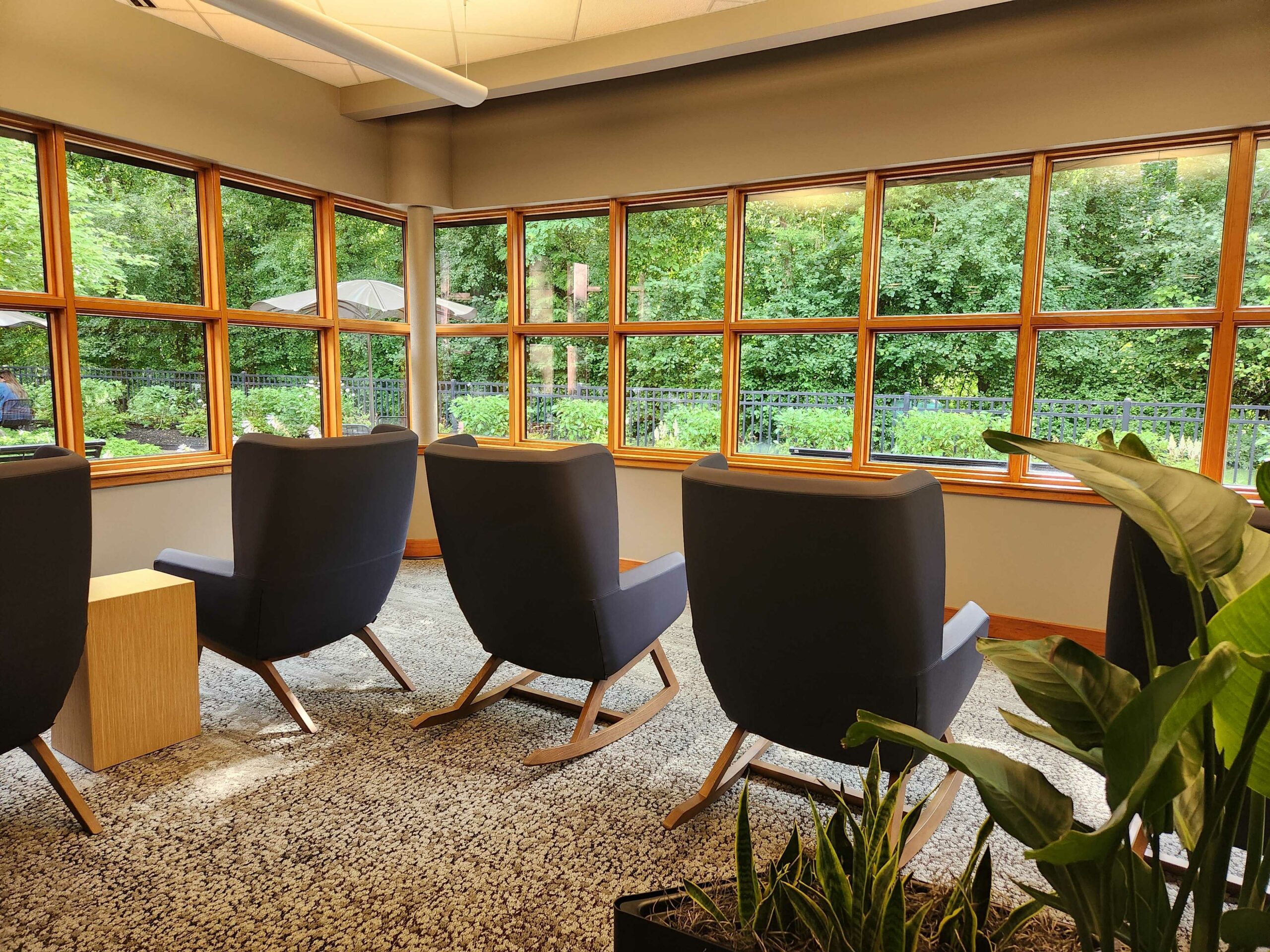
Reflection Room
One of the Main Library’s quiet study rooms was renovated into a Reflection Room thanks to a generous bequest from the Ruth S. Elbling Trust. The library has used donations to fund roughly $300,000 in renovations over the last 3 years, enhancing library spaces to better meet community needs at minimal expense to taxpayers.
Ballot Language
The proposal would:
- repeal the previous library millage authorization of 0.6586 mills approved in 2010 for tax years 2012 through 2026;
- authorize the West Bloomfield Township Public Library to levy a new additional millage for library purposes permitted by law, including maintenance and operations of the Main Library and Westacres Branch for future capital improvements;
- authorize the new additional millage to be levied at the rate of 0.7000 mills ($0.700 for each $1,000 of taxable value) beginning with the December 1, 2024 levy, subject to future annual rate reductions required by Section 31 of Article 9 of the Michigan Constitution in 1963;
- for a period of 10 years beginning in 2024 and continuing through 2033;
- that may not be increased, renewed, or used for other purposes without voter approval.
If the new additional millage is approved, revenue will be disbursed to the West Bloomfield Township Public Library. An estimated $3,376,817 will be collected in the first year that the millage is levied.
Should this proposal be approved?
Yes / No
Election Day is Tuesday, November 5
Election day is Tuesday, November 5. Early voting is available at the Main Library from October 26 – November 3 from 8:30 AM – 4:30 PM, except Thursday, when it is available from 12 – 8 PM. On election day, polls are open from 7 AM – 8 PM at your precinct’s polling place.
To see precinct maps, sample ballots, and voter registration information, visit the Township Clerk’s webpage.
Learn more about the millage at an upcoming Information Session.
Download a printable flyer to share with your neighbors ahead of Election Day.
For questions, or if you are interested in having a representative from the library speak about the millage at an upcoming event for your organization, please contact director@wblib.org.
Frequently Asked Questions
What is a millage?
A millage is a tax that is used to fund the operations of a library or other local government services, such as police, fire, or a parks and recreation department. About 92% of the West Bloomfield Library’s revenue is from local property taxes in the form of two millages. Millages are measured in mills, which is equivalent to one thousandth of one dollar of a property’s taxable value. Your home’s taxable value is about half its market value.
Is this a tax increase?
Yes, it is a small increase of approximately $8.92 per $100,000 of your home’s taxable value.
Much like your home, costs to run the library, such as utilities, maintenance, supplies, and materials, have increased since the current library millage was approved by voters in 2010. Library administrators want to maintain the library to the high standard of excellence this community expects. This small increase will allow them to do that.
Why is the library asking for more funding when local property values have grown?
The library is subject to Michigan’s Headlee Rollback Amendment, which requires a local unit of government (in this case, the West Bloomfield Township Public Library) to reduce its millage when annual growth on existing property is greater than the rate of inflation. The library’s millage rate is “rolled back” so that the resulting growth in property tax revenue is no more than the rate of inflation. This rollback reduces the revenue that would have been generated from increased property values.
The millage under consideration for replacement was originally approved by voters in 1997 at 0.70 mills. It was rolled back to 0.6586 mills by 2010 and renewed at the rolled back rate. This year, the millage rate has rolled down to 0.6108 mills. If the millage is replaced at 0.70 mills, it will continue to roll back each year, as well. The Township’s Assessor estimates it will roll back to the 2010 rate by 2031.
What is my home’s taxable value?
Your home’s taxable value is about half its market value. The average taxable value of a home in West Bloomfield is currently $182,699 (a market value of $365,398). It is estimated that the proposed library “Repeal and Replace” millage will cost an additional $16.47 in the first year for a household of this value. To learn more about the assessed or taxable value of your home, visit the West Bloomfield Assessor’s website or call the Assessor’s Office at (248) 451-4850.
Why is the library repealing and replacing its current millage in 2024 rather than waiting until it expires in 2026?
Most of the library’s funding comes from two millages: one perpetual (Library Millage 1) and one 15-year (Library Millage 2). The 15-year millage expires in August 2026. Every election after November 2024 until August 2026 is a special election. To put the library millage on the ballot during a special election would cost the library approximately $100,000, per the Township Clerk’s Office.
Library administrators would rather put those taxpayer dollars towards providing you with great services, programs and collections. Because the current millage ends in August 2026, waiting until the August 2026 election is not an option because it would leave the library without a critical funding source if it did not pass. Therefore, the Library Board decided to put the millage question on the November 2024 ballot. The library is proposing repealing and replacing the current 15-year millage with a 10-year millage to ensure the library only has two millages at one time.
Why are only West Bloomfield residents being asked for a new millage?
Keego Harbor, Orchard Lake, and Sylvan Lake residents are eligible for library service because their governments contract with the library. Annual library costs are negotiated directly with the contract communities’ governments.
How does the West Bloomfield Library millage compare to other communities?
West Bloomfield Library’s proposed millage rate is in line with the millage rates for libraries in other communities. In terms of average cost, the West Bloomfield Township Public Library ranks behind Bloomfield Township and Birmingham/Baldwin Libraries and is on par with Farmington Hills and Rochester Hills Libraries.
Has the library tried cutting expenditures?
The library staff and board always endeavor to be good stewards of taxpayer dollars. Library staff cut costs wherever possible and are always looking for ways to minimize expenses and maximize taxpayer dollars. This includes:
- repairing and reupholstering furniture rather than replacing it
- using a competitive sealed bidding process for high-cost projects
- purchasing through library consortiums for discounted rates
- applying analytics to prioritize investments in high-circulating materials
- running for a repeal and replacement millage in 2024 rather than incurring the high cost of a special election in 2025
However, over the next 10 years, a significant amount of the infrastructure at the Main and Westacres Branches will need to be replaced, and infrastructure updates are needed to mitigate risk and avoid emergency closures.
Has the library tried drawing revenue from other sources?
The library has several sources of revenue. For example, 5% of the library’s revenue last year was from interest accumulated through an interest-bearing savings account. The library is also thankful to be a regular recipient of community support through donations to the library’s endowment fund and book tributes, as well as the Friends of the Library. Private donations have helped fund over $300,000 in building renovations over the last 3 years alone.
However, 92% of the library’s revenue is from property taxes split between two millages. The millage that expires in 2026 represents nearly half the library’s revenue, and library services would look dramatically different if it expired without a replacement. The library, by law, is limited in the ways that it can generate revenue. It cannot, for example, charge residents a fee for basic library service.
Why did the library go fine free if it’s seeking more revenue?
Fines were not a sustainable source of library revenue. The library estimated that it spent more than it received to collect fines due to IT costs and staff time. Due to the rise in eLibrary checkouts, automated renewals, and other factors, less than 0.5% of the library’s revenue last year was from fines, whereas the current millage is responsible for almost half of the library’s operating revenue ($3.1 million). Learn more about the library’s decision to go fine free at wblib.org/fine-free/.
Are library finances well-managed?
The library staff and board have a history of responsible financial management. Independent auditors at Plante Moran have annually issued the library an unmodified opinion—the highest opinion—indicating staff comply with generally accepted accounting principles. The library’s director, assistant director, and finance manager have all completed a 6-course Library Financial Management Certification through the University of Georgia, Carl Vinson Institute of Government.